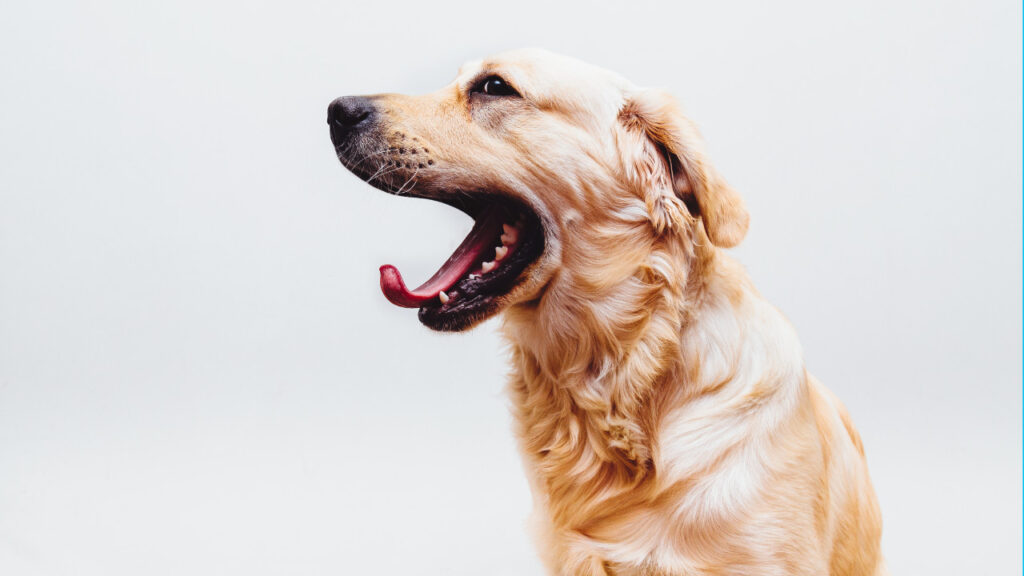7 ways to better care for our senior dogs

There’s nothing more beautiful and lucky than to be able to love your dog for the longest time possible and having them exist into their senior years.
Normal ageing would dictate that these guys are slowing down a bit, getting a few more greys, have reduced sight and hearing and that they are at risk of many more medical conditions.
So in honour of our older mates who always give us so much, here’s my list of 7 ways to ensure they are best looked after:
- Exercise “use it or lose it”
This needs to remain daily or twice daily AND be appropriate to their health and fitness. We all know the saying “use it or lose it” and it certainly applies here. Muscles that aren’t used will waste away and support to ageing joints and bones are lost. This makes getting around harder, and more painful. Excessive activity can equally be harmful to your mate and can hasten arthritis or cause pain so a vet prescribed exercise plan for your individual pooch is essential. - Excellent nutrition
A complete and balanced diet is needed. This can be a good quality commercial food or a home cooked diet that has been balanced by a veterinary nutritionist. They may be in need of supplement’s to help with joints such as glucosamine, chondroitin or fish oils. Supplement’s to aid in brain function, or specialty diets if they have illnesses or intolerances.
Care of their teeth needs to be part of the daily plan as unfortunately dental health often tends to go south with age. Tooth brushing and chews such as kangaroo tendons work really well. - Grab a harness
For some older dogs it’s best to say good-bye to the collar, and hello to the harness and lead for walks. Using a harness means that there’s no pressure around the neck (happier days for dogs with spinal problems of the neck, degenerative discs and problems with the throat) and then it’s more evenly distributed over the body. - Alter your living space
Alterations to their living area often need to be made, especially in cases of reduced vision, or arthritis.
– Food and fresh water: need to be easily accessiable and in a known location.
– Toilet area: as they may not be able to hold their bladder as well as before, it’s best to let them outside for their business more often, especially at night before bed.
– Flooring: a loss of muscle and sore joints can lead to instability causing slipping and falling on smooth surfaces such as wooden floors. Consider carpeting areas, or using non slip mats to help (bottom of any stairs or the base of their beds are good placed to consider this).
– Ramps: strategically placed ramps in the home (and the car) are also an excellent help as stairs become increasingly difficult with age. - More time
Your older dog needs loads of your time. Lots of care and attention for a more content, confident and less anxious senior citizen!! (& a happier you too!) - Set routine.
Keep it same same…Letting your mate know what to expect and went expect it. This also reduces anxiety. - Regular Veterinary check ups
Forget the routine 12 month check up and up it to 3-6 monthly. With age comes an increased risk of many medical conditions such as arthritis, dental disease, heart disease, cancers and more.
Many behavioural issues can also arise with, or get worse with age.
Always pay close attention to their appetite, drinking (increased or decreased), activity level, behaviour and toileting, and consult a veterinarian with any concerns.